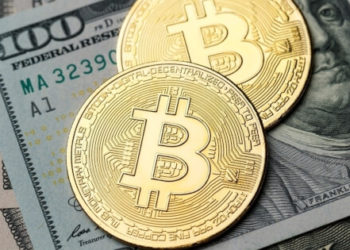The Central Bank of Venezuela officially announced on August 6 Friday that it will launch its central bank digital currency (CBDC) in October this year.
To solve the high inflation of Venezuela’s currency, the Central Bank of Venezuela stated that the issued CBDC would remove six zeros readjustment and use the Short Message Service (SMS) exchange system to facilitate the public’s use.
Venezuela stated that the revaluation of its CBDC will not affect the value of the country’s legal currency, the Bolivar, and said that:
“The bolivar will not be worth any more or any less, in order to facilitate its use, it is being taken to a simpler monetary scale.”
Since 2016, Venezuela has suffered from hyperinflation partly caused by the controversial leadership of President Nicolas Maduro with his money printing policy.
It is reported that in 2020, the annual inflation rate is estimated to be approximately 2,300%. Forms of aids and assistance are needed to address the country’s ongoing economic crisis. Due to the devaluation of the Venezuelan bolivar, Venezuela, which has recorded a high inflation rate, has also seen its citizens turn to Bitcoin as a hedge.
Cryptocurrency activity has always been a widespread phenomenon in Venezuela. The government of Venezuela, led by Nicolas Maduro, issued its cryptocurrency Petro in Feb 2018.
According to the government, Petro is backed by oil and mineral reserves to support the depreciating Venezuelan bolivar currency and circumventing U.S. sanctions.
In addition to Venezuela’s statement to launch its central digital currency this year, South African country Lebanon also revealed that its central bank (also known as Banque du Liban) might launch a digital currency in 2021, according to the Governor of The Central Bank of Lebanon Riad Salameh.
Image source: Shutterstock
Credit: Source link












































